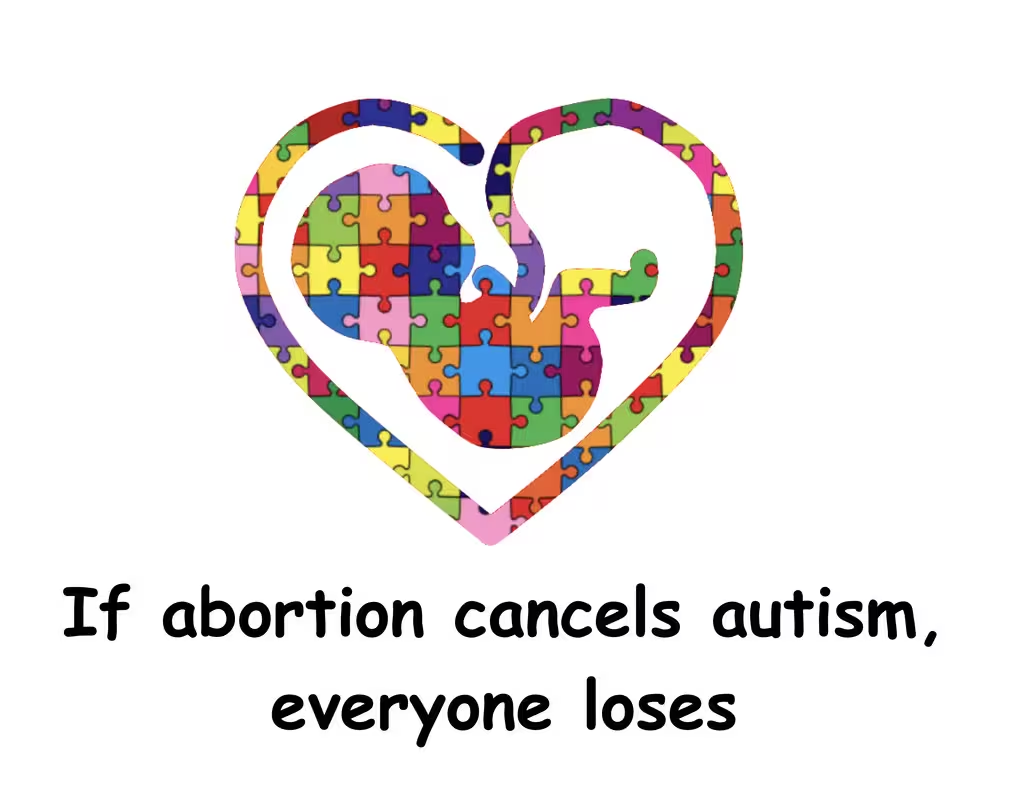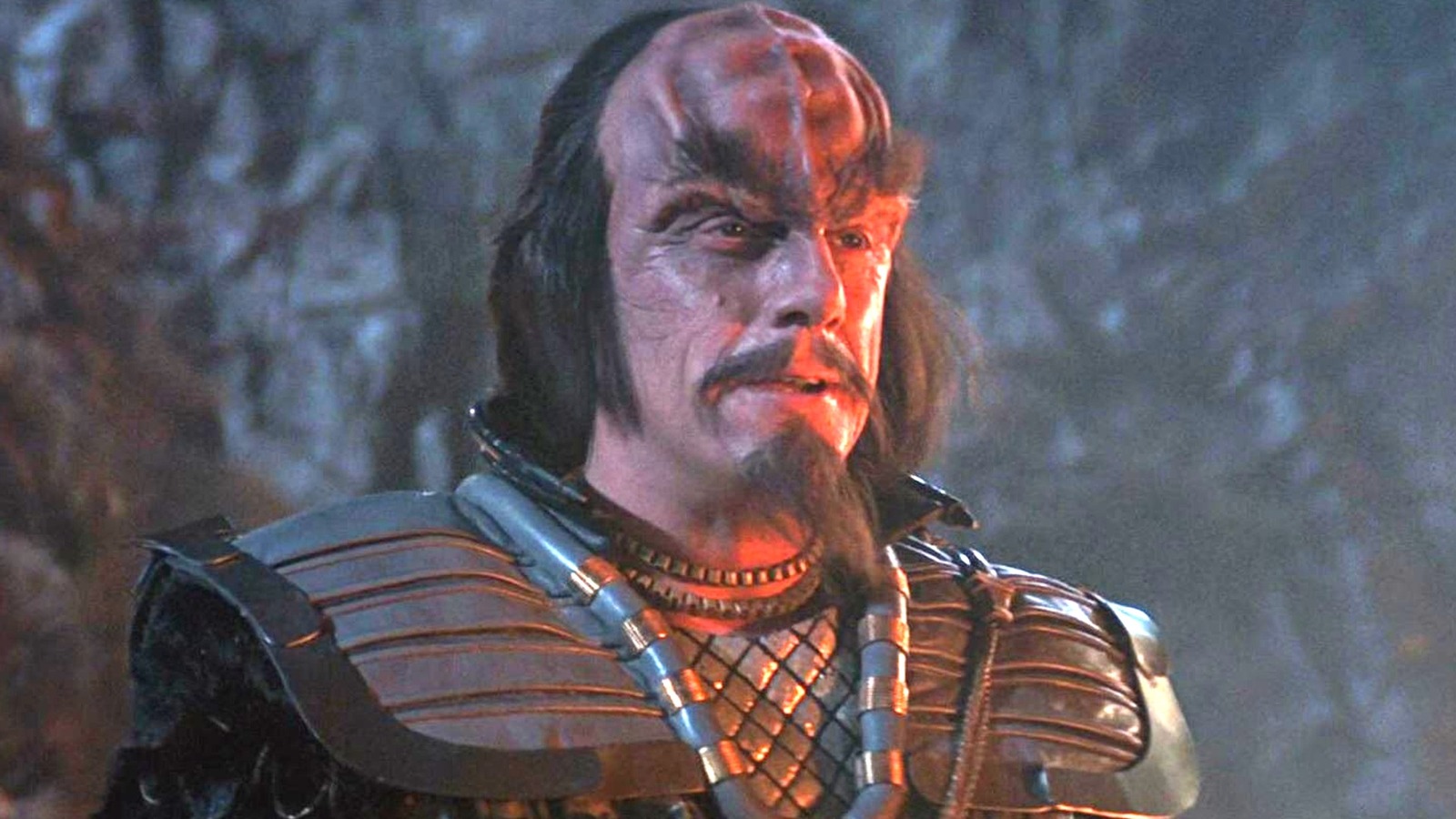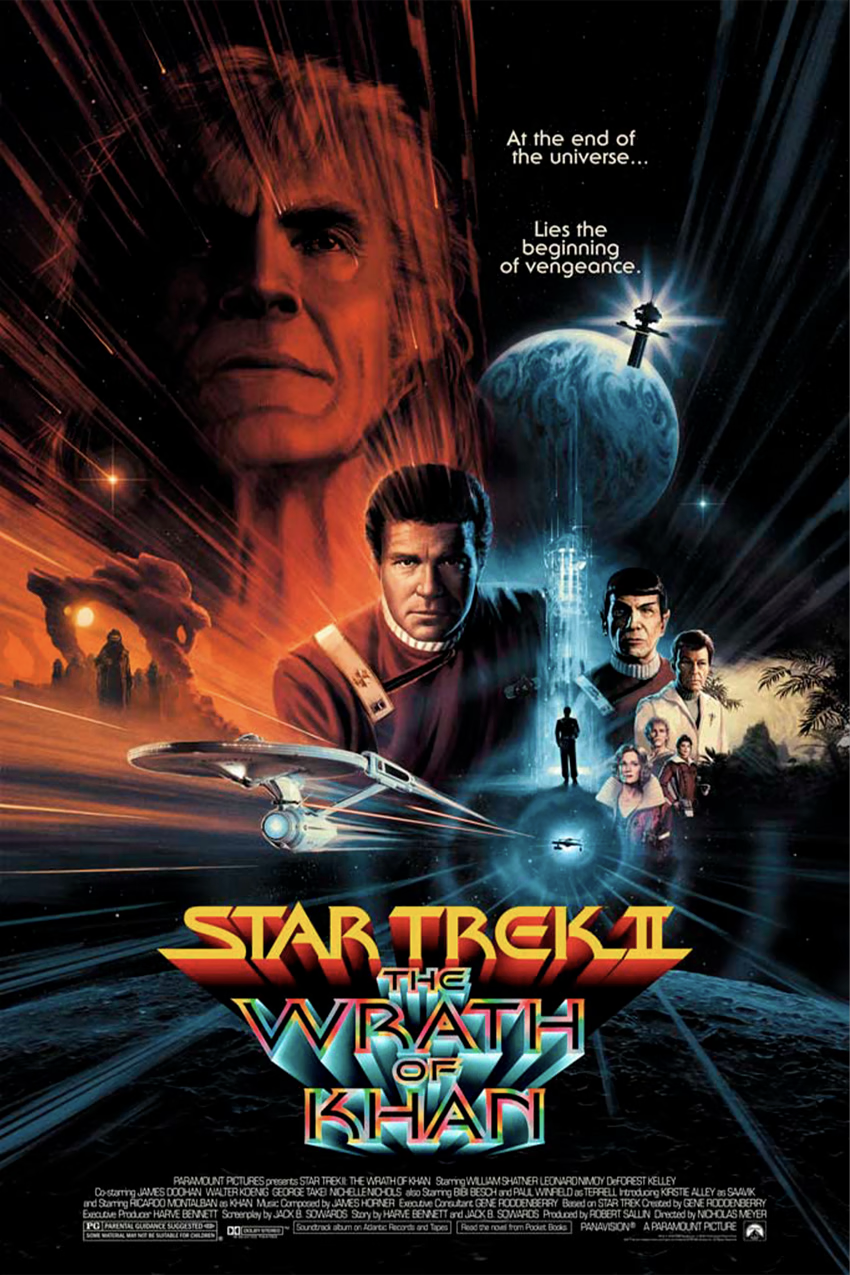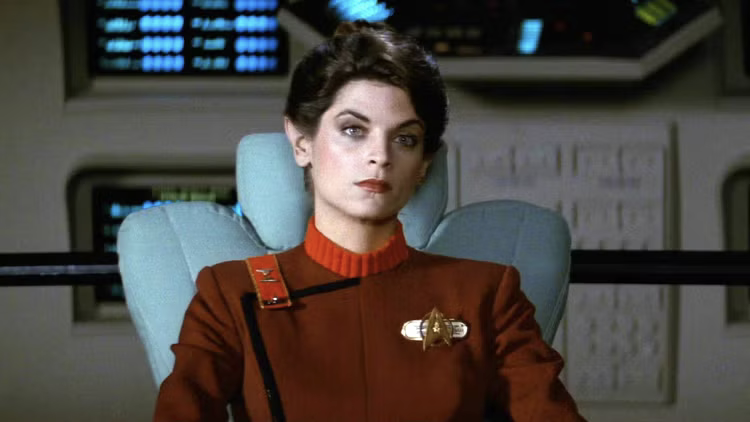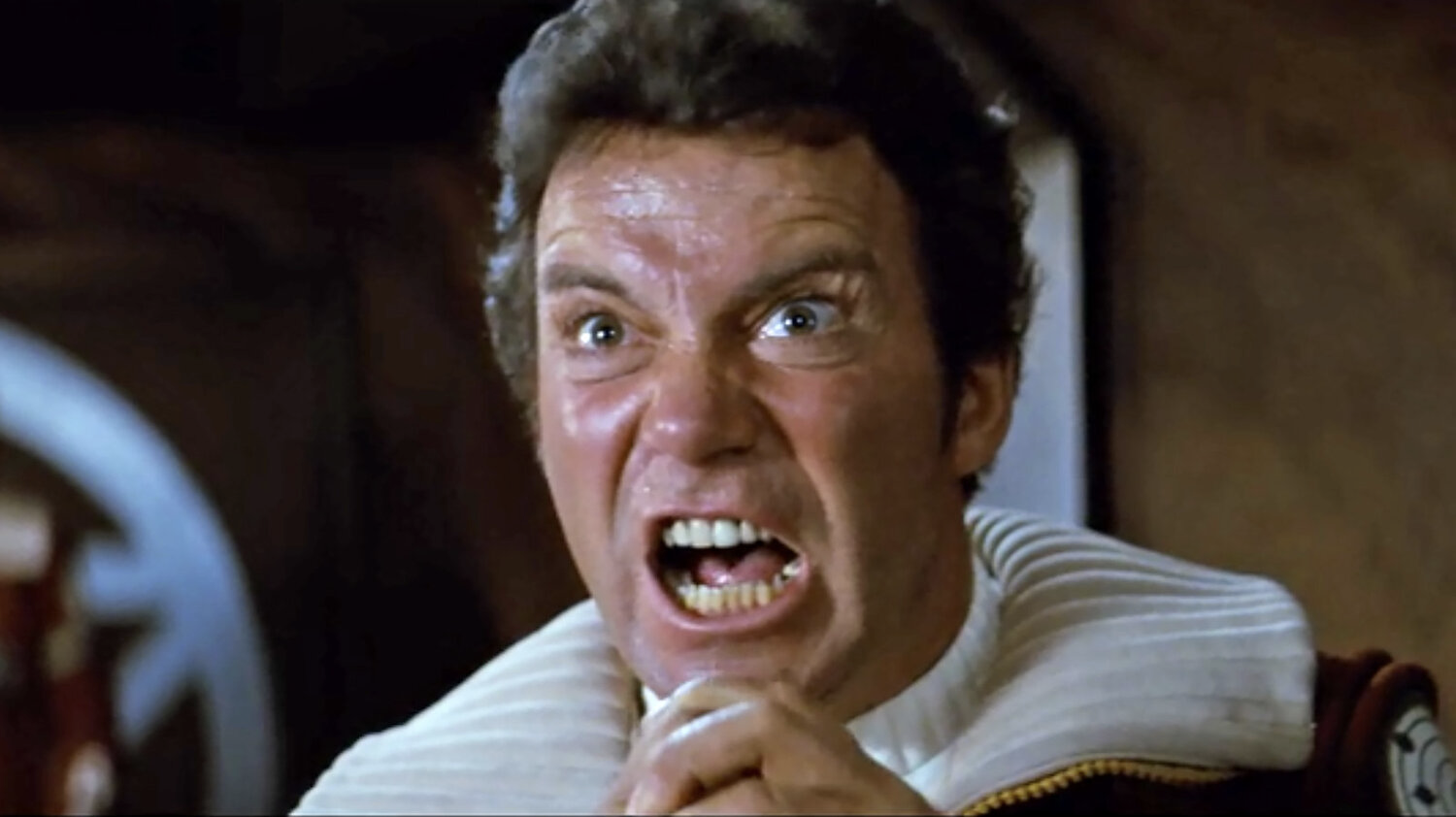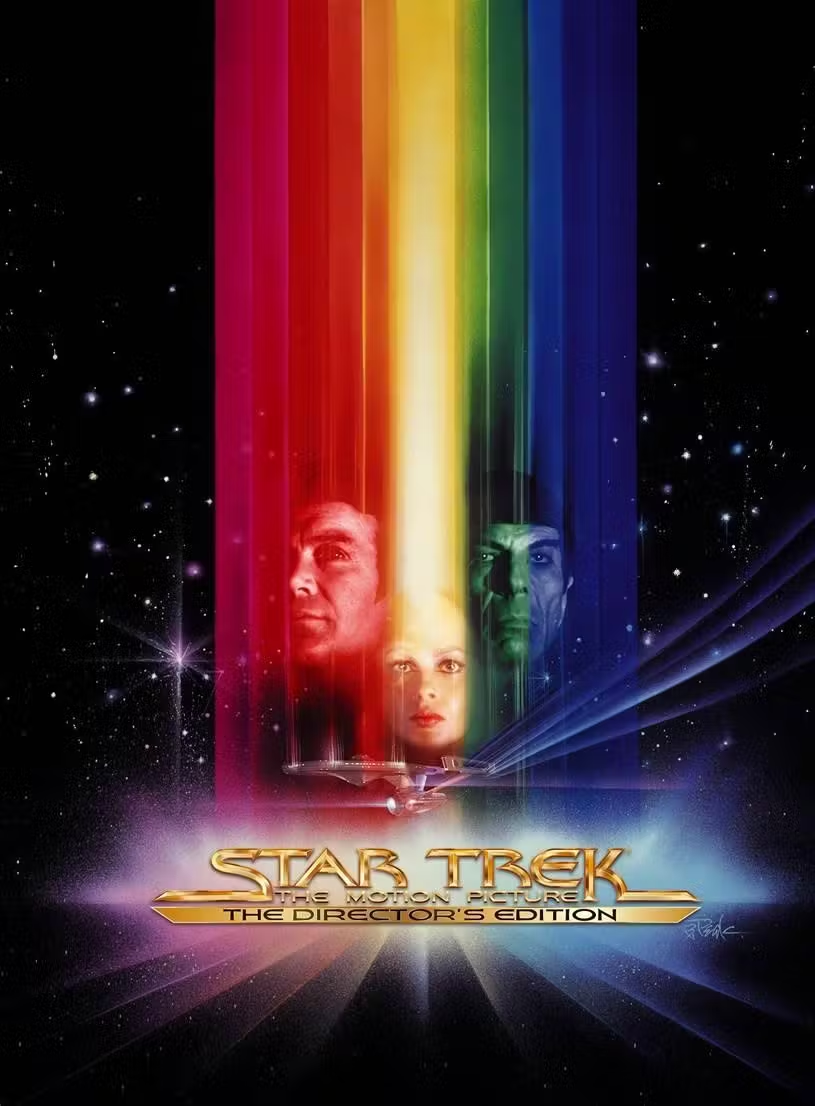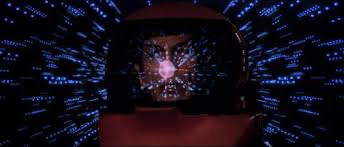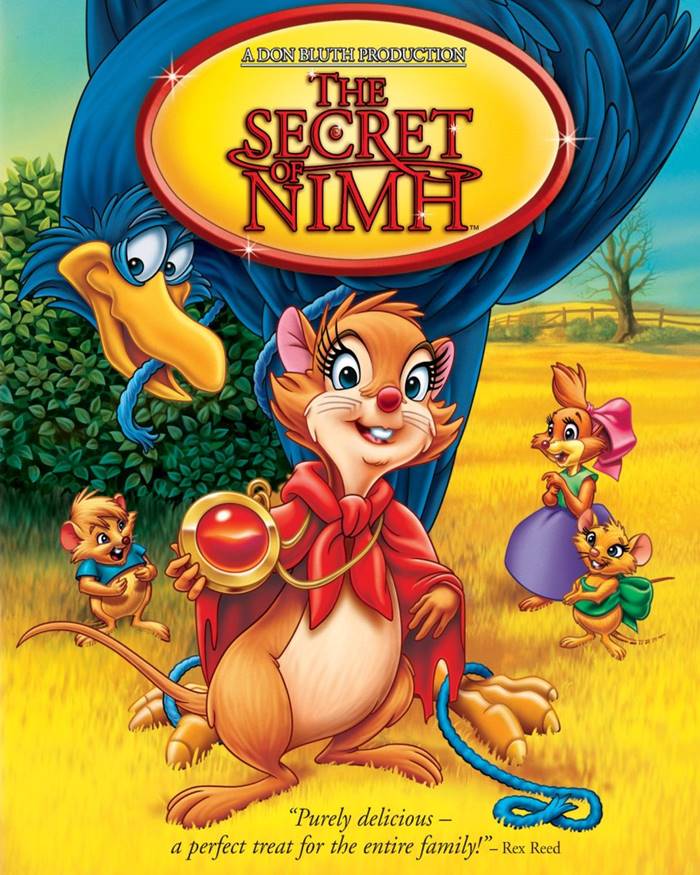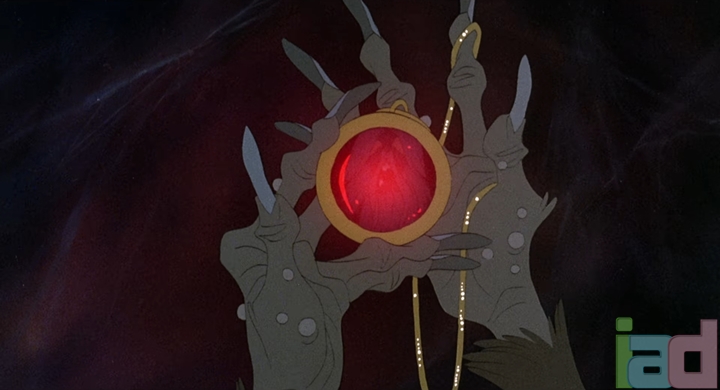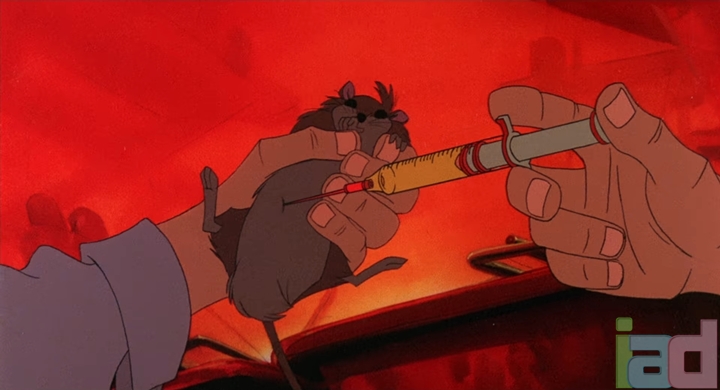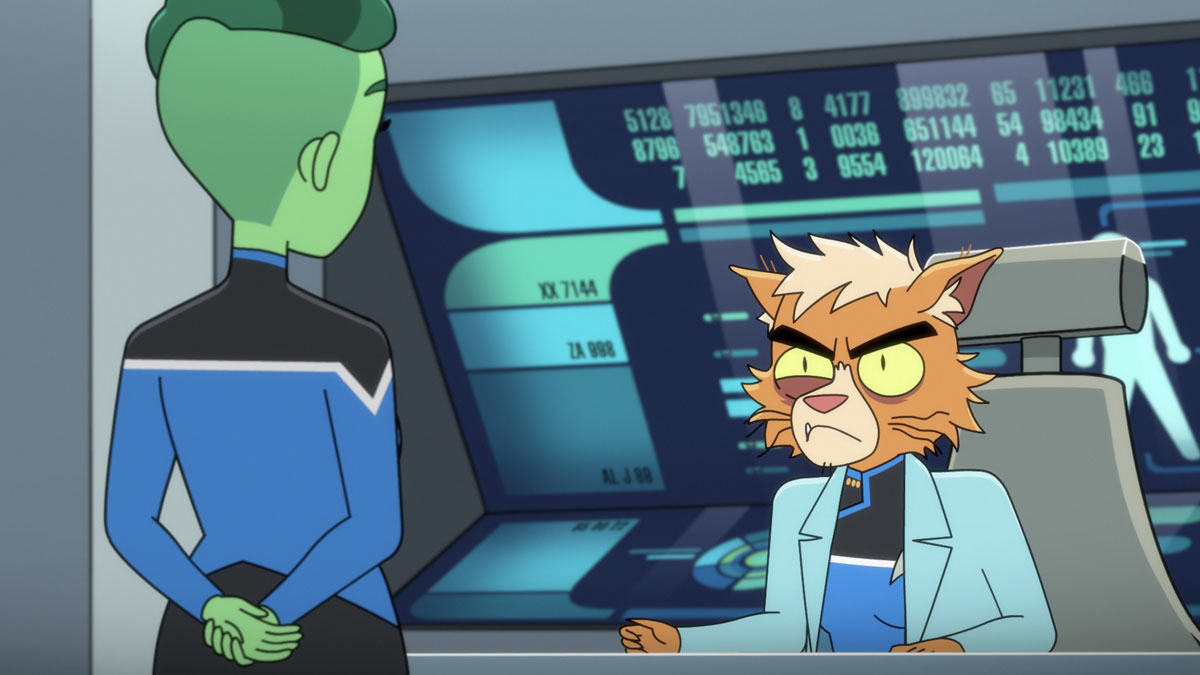
A Black Person's Selective History of the United States
I received minor exposure in intermediate school to civil rights leaders such as Martin Luther King Jr. but would not get a greater picture of the civil rights movement and its various other luminaries until high school. However, given the cherry-picking among biased historians regarding what historical events in America and which to omit, I didn't receive the full, impartial story about the sundry civil rights leaders and what they believed and stood for. I would eventually learn about other prominent members of the movement like Rosa Parks and Malcolm X, a rival to Dr. King, and others like the Reverend Jesse Jackson, still alive and well today along with his colleague, fellow Reverend Al Sharpton.
Even then I was well aware of Dr. King's iconic "I Have a Dream Speech" where he dreamed of a world of full racial acceptance, believing in a society where his children would be judged not by the color of their skin but by the content of their character, and that "the sons of former slaves and the sons of former slave-owners will be able to sit down together at a table of brotherhood." His actions those of others of nonviolence and civil disobedience would ultimately lead to landmark reforms during the late 1950s and the 1960s to grant nonwhites legal equality and voting rights, and end racial segregation, among other things.
However, modern America is still very, very far from the harmonious utopia Dr. King imagined, as the race riots following his tragic assassination would demonstrate, of which he would have very likely not approved were he still alive, and the United States is every bit as racially divided today as it was then. Incidents like the beating of Rodney King by Los Angeles police, its resultant civil unrest and that following the murder of George Floyd today exemplify this, albeit in my opinion for vastly different reasons, since as I have seen, similar incidents against straight white men receive little to no national news coverage.
Another pattern I have seen through my life paying attention to American news and politics is the delusion, mostly among leftists black and white, that those of African ancestry have special immunity to criticism and are seen as absolutely incapable of wrongdoing, even being racist themselves (which Wikipedia asininely terms "reverse racism"), in part due to the brutal legacy of slavery and its forceful abolition as a byproduct of the War for Southern Independence, which is very popularly termed "the Civil War" since the Confederate States lost, just as the American Revolution would have likely been called the "British Imperial Civil War" had the Thirteen Colonies been subjugated.
All this would ultimately give rise to organizations like Black Lives Matter, Defund the Police, ACAB (an acronym for All Cops Are Bastards), all under the umbrella of the Woke movement, perceiving injustices in society and the world in general, but mostly and exclusively focused on America. As an autistic who has suffered prejudice and injustice through his lifetime from his own family, various academic and governmental institutions, and corporations with which he has been employed, I agree with the general overall noble aims of the Woke movement, but vastly disagree with their rhetoric and methods.
However, the mainstream Woke movement shares the overall illogical leftist sentiment that certain groups termed as "oppressed," just like blacks, have special immunity to any kind of criticism and the view that they are absolutely incapable of any kind of wrongdoing, bigotry against others included, which I can attest from personal experience is bogus, as I have had negative experiences with fellow autistics in real life but mostly on the internet given their exemplifications of negative stereotypes that result in our continued ostracization. Members of the Woke movement are often selective as well when it comes to highlighting injustices, as even
a leftist feminist who goes by the alias "The Other Millennial" acknowledges in regards to two different cases of lawmaking disadvantaging women.
The polar opposite of the Woke movement is the Base movement, which largely wishes to keep things the way they are, with which I disagree as well, as I know well that injustice still exists in America and across the world, but
every demographic has been guilty of some sort of wrongdoing throughout history, even those whom the Woke movement claims to represent. I know also that bigotry has always been prevalent throughout American history, before and after the Revolutionary War. Thus, the title and concept of author Ibram X. Kendi's book
Stamped from the Beginning appealed to me, so I decided to give it a purchase and read.
However, the prefaces to the 2023 Edition and the First Paperback Edition immediately gave me a negative first impression, given the author's delusion that Barack Obama's election as the first black President (though he's actually half-black) marked the beginning of "postracist America," which is totally bogus since even before and during his administration, racism was still prevalent in America among both whites and blacks, the latter blindly idolizing his "historic" election during the continuing narcissistic Age of Entitlement and culture wars that arose as a result of the liberal (though I think "illiberal" is a far better term for most who label themselves as such) uprising during the 1960s.
Conversely, Kendi iconoclastically describes rogue candidate Donald Trump's election as President in 2016 as a "reversal" of his delusion of America having become "postracist," highlighting examples of the president's praise of those who had made bigoted statements while again ignoring the equivalent racism by blacks that continues today. He further serves as an apologist for voter fraud with his illogical opposition to commonsense measures to enforce electoral integrity such as having to present identification in order to vote, which has absolutely nothing to do with race or discrimination, falling under the popular leftist weasel words of "voter suppression."
Kendi then indicates that he took the title of his book from a quote made by first-and-only Confederate Jefferson Davis that blacks were "stamped from the beginning" as being inferior to whites while simultaneously neglecting to mention that America's white supremacist slaveowning founders believed the same thing, just as much as they did about the "merciless Indian Savages" they would drive to near-extinction the following century. However, he correctly defines racist ideas as those regarding one racial group as inferior or superior to another (but still proves himself among the "do as we say, not as we do" crowd).
One publicized passage that proved the prime selling point for me was: "There are lazy and unwise and harmful individuals of African ancestry. There are lazy and unwise and harmful individuals of European ancestry. There are industrious and wise and harmless individuals of European ancestry. There are industrious and wise and harmless individuals of African ancestry." One can say the same of people of different faiths (and Kendi correctly notes that racism found its way into various Christian denominations), genders, political ideologies, and even neurology (and as I said, I've had plenty negative experience with other autistics).
Part I of the main text focuses on Puritan clergyman Cotton Mather, beginning with the story of his grandfather Richard and his family's journey to New England aboard the
James. The Puritans believed themselves superior to nonwhites and Anglicans, with the Pequot War resulting in their first slaves. Ibn Battuta and Muslims further saw sub-Saharan Africans as inferior and useful as slaves as well, with Christians at the time justifying slavery through the "curse of Ham." Portuguese royalty would gain knowledge of sub-Saharan slaves from Moors they captured, with Leo Africanus, a beneficiary of Pope Leo X, also seeing blacks as inferior, with his ideas finding their way to the English, who wanted to get their share of the slave trade.
English Travel writer George Best wanted to assimilate nonwhites into becoming white, seeing blacks as hypersexual, with Puritans wanting to bring social order to the world and Christianize it. Leo Africanus' ideas continued to perpetuate, with William Shakespeare's
Othello enforcing negative stereotypes of blacks. John Smith would help establish the first permanent English settlement in North America, with Kendi telling the tale of Pocahontas the "civilized savage." King Charles I further propagated the persecution of blacks, with texts such as
A True and Exact Historie of the Island of Barbadoes further encouraging converting slaves to Christianity to make them more obedient.
Blacks would continue to be converted to Christianity, with philosopher John Locke musing to a friend, "You should feel nothing at all of others' misfortune." Segregationist thinkers perpetuated the theory of polygenesis, that there were multiple origins of human species. Incidents such as King Philip's War (with the namesake Metacomet leading Native Americans against New Englanders and their Indian allies) and Bacon's Rebellion, led by Nathaniel Bacon, who wanted to separate poor whites from enslaved blacks, further exacerbated race relations. Puritans and royalists would clash in New England, with Cotton Mather believing that Puritans were the chosen people and blacks were inferior.
The Boston judge Samuel Sewall believed that New Englanders should be free of both slavery and blacks, with Cotton Mather continuing to believe that God detested Africans. A slave revolt would erupt in New York City on April 7, 1712, when a building was set ablaze. Cotton Mather would ultimately devise inoculation against smallpox to save blacks, although the antivaccination crowds of the time thought it a conspiracy to incite slave revolts. At the time, Benjamin Franklin detested Puritans and would leave for Philadelphia to get away from his older brother, to whom he was indentured.
The next part focuses on Thomas Jefferson, whose father Peter was a hard laborer, with Thomas accepting secularized racial discourse. The Age of Enlightenment would spawn as the slave trade flourished, with Swedish scientist Carl Linnaeus creating human and animal hierarchies, his French contemporary Voltaire feeling much the same way. After Jefferson's father died when he was four, he entered politics and studied antislavery. An enslaved female poet, Phillis Wheatley, would further influence the antislavery movement, although whites who still adopted those ideas alongside assimilation were still xenophobic overall. Both the British and Americans would doubt Jefferson as a good messenger for the freedom manifesto that he would preach, with even British writer Samuel Johnson calling him out on his hypocrisy.
The United States Declaration of Independence was a bit of a troubled production, with among its original words being that all
freedmen were created equal. Kendi doesn't at all mention Jefferson's phrase "merciless Indian Savages" that did find its way into the incredibly selectively-quoted document (he only very, very slightly implies it), but does give some good history about the future president going to France for favor of the blossoming tobacco industry in the United States, not to mention his affair with Sally Hemings and biracial offspring, as well as the slave revolts in Haiti, which had been the only country other than the US where the practice was forcefully ended. Jefferson had acknowledged, at least in a prior draft of the Declaration of Independence, that he wanted America to be free of slavery (though it was left out due to the Thirteen Colonies' division on the issue) and along with many abolitionists ultimately wanted the Blacks to return to Africa.
Jefferson was friends with free Black Benjamin Banneker, who oversaw the construction of Washington DC, with Ben Franklin having further irked the 1st US Congress with his abolitionist views. The following Congress saw the passage of the Fugitive Slave Act of 1793, which happened around the same time enslavers of Haitians fleeing the country's revolt brought yellow fever to Philadelphia. The cotton industry further increased demands for an expansion of slavery, with the revolution in Haiti also compelling French Emperor Napoleon to sell off the Louisiana Territory to the United States. The expansion of slavery would additionally inspire monogenesis theorists, religious and secular, to change their minds about the belief.
The signature of the hilariously-named Non-Intercourse Act of 1809 would be one of Jefferson's final acts as president, lifting American shipping embargoes except those bound for British and French ports, which stifled the American economy at the time. Kendi further indicates that scientists like Georges Cuvier rejected polygenesis, believing that three races came from the Garden of Eden, with whites being supreme and blacks being the lowest. Moreover, Native Americans begun enslaving blacks, with a major revolt from free negroes targeting New Orleans on January 10, 1811, yet being quashed.
Gabriel Prosser's slave revolt in 1800 also never came to be, with Virginia refusing to abolish slavery because their economy depended upon it. Many abolitionists further wanted to send blacks "back to Africa," which irked the free ones within America, with the American Colonization Society founded, and the Slave Trade Act allocating $100,000 to advance their agenda. Another slave revolt headed by Denmark Vesey abetted Southern contribution to defending slavery, with the Missouri Compromise passed in 1820. The American Tract Society around the time also propagated the racist belief of a white Jesus, and
Freedom's Journal would become the very first Black newspaper, pitting upper-class negros against lower-class ones and predictably tanking.
Both John Adams and Thomas Jefferson kicked the bucket on July 4, 1826, with the latter "resting in the comfort of slavery." The third part focuses on abolitionist William Lloyd Garrison, who joined the ACS, with the Nat Turner Rebellion erupting on August 21, 1831. The American Anti-Slavery Society (AASS) would be founded, believing in the radical idea of "immediate emancipation, without expatriation." Enslavers saw the organization's postal campaign as an act of war, with a rift occurring with the Garrisonians, who refused to participate in "corrupt" political parties and churches, and the abolitionists who wanted to bring their cause into them.
At the Seneca Falls Convention, Sojourner Truth would become prominent in both the classical feminist and abolitionist movements, with Harriet Beecher Stowe's
Uncle Tom's Cabin inspiring racist abolitionism. Black writer and physician Martin R. Delaney hated the book, with
Moby-Dick author further mocking polygenesis, although Josiah C. Nott and George Gliddon would publish in 1854
Types of Mankind, dedicated to the memory of Samuel Morton, eight hundred pages defending the theory. William Lloyd Garrison and Frederick Douglass would have their major disagreements, with Stowe mediating between them.
United States Senator Stephen A. Douglas of Illinois wanted statehood for the territories of Nebraska and Kansas for want of a transcontinental railroad through them, with his rival, Abraham Lincoln, wanting to send blacks back to Africa like many abolitionists desired, Douglas ultimately calling him out on his vacillation on the issues of slavery and negro equality.
Dred Scott v. Sanford would nullify federal slavery regulations, adding that blacks aren't human. In October 1859, John Brown's raid on Harpers Ferry would erupt, with Colonel Robert E. Lee quashing it. Mississippi Senator Jefferson Davis further opposed legislation educating blacks in DC, with Charles Darwin's signature work promoting bigotry, and his cousin Sir Francis Galton inspiring the future eugenics movement.
Lincoln's eventual election of president marked the beginning of Southern secession and the start of their independence war, with the president quickly seeking to subjugate them, and blacks from the South running away to join the Northern army, though conditions then were horrendous. Blacks as well were forced to work for the Confederate military, with the North's Second Confiscation Act declaring black runaways from the South to be free, although the Northern states where slavery was still legal were somewhat indecisive throughout the war. Moreover, Lincoln wanted to eject blacks from America, blamed their presence for the war, and still didn’t think they could be equal, angering Garrison.
The president had also told abolitionist Horace Greeley, who had actually wanted the Southern states (at least initially, but Kendi doesn't mention Greeley's former beliefs and his awesome quote, "We hope never to live in a republic whereof one section is pinned to the residue by bayonets") to secede that he was fighting to "save the Union" and was still apathetic on fully abolishing slavery, with his eventual Emancipation Proclamation only "freeing" slaves in the Confederacy and largely being more than a symbolic gesture that could only be enforced military, which it would be in the end, of course.
Garrison's son Willie and German journalist Henry Villard noted that freed blacks "acted like brutes," with Kendi mentioning the slaughter of black Union soldiers at Fort Wagner after the North's victories at Gettysburg and Vicksburg. Lincoln still struggled on what to do with blacks postwar, with the American Freedmen's Inquiry Commission (AFIC) wanting equality for them. After Lincoln's reelection came General Sherman's infamous March to the Sea and the issue of redistributing Confederate-owned land. The Thirteenth Amendment prohibiting slavery except as punishment for crimes came to fruition at the start of 1865, with John Wilkes Booth murdering on Good Friday towards the end of Lent that year and his consequential god status among black Americans that continues today.
Lincoln's successor, Andrew Johnson, adopted a reconciliatory approach towards the start of the postwar Reconstruction era, offering amnesty to former Confederates at the chagrin of Congress and freedmen. Johnson didn't push for equality for blacks, who in turn looked down on poor whites, with race wars erupting in the South (though the author pits blame solely on white people) and ex-Confederates ultimately denied the ability to hold office. Kendi mentions that lighter blacks were better off than darker ones in the educational system, and that the election of former Union General Ulysses S. Grant as president in 1868 marked the emergence of the first negro politicians as well.
The Ku Klux Klan would eventually emerge, with blacks rarely benefiting from the economic policies of Reconstruction (though corporations did). One interesting factoid Kendi mentions that was new to me is President Grant's wish to annex the Dominican Republic to the United States as a haven for emancipated blacks. The author, however, denies that what negro politicians did emerge were absolutely incapable of being "inept," and mentions that the Supreme Court would nix federal civil rights legislation, and that black Southerners would be most devastated by the Panic of 1873. Grant would eventually abandon Reconstruction, with the Bargain of 1877 making Rutherford B. Hayes president in the close election the prior year, and Exodusters moving North and West when whites began, unsurprisingly, to reclaim supremacism in the South.
Part IV deals with classical civil rights activist W.E.B. Du Bois, born on February 23, 1868, the day before President Andrew Johnson's impeachment began, with Kendi mentioning the popular subscription to Social Darwinism and the belief that blacks are inferior and that the New South continued to screw over the negro population living there, again unsurprising given the idiocy in expecting the white population to instantly accept them as equals after what Lincoln and his henchmen did to the Confederacy during the Civil War. George Washington Williams'
History of the Negro Race in America from 1619 to 1880 would indicate the roles that blacks played throughout American history.
On January 7, 1890, South Carolina Senator Matthew Butler and former Ku Klux Klan Grand Dragon John Tyler Morgan introduced a congressional bill to fund black emigration to Africa. Henry Cabot Lodge would later introduce the Federal Elections Bill for federal supervision of elections, although Democratic Senators filibustered it, so it never passed. May 18, 1896, would mark the 7-1 Supreme Court decision of
Plessy v. Ferguson that dictated that races be "separate but equal," and while the "separate" part was of course enforced, the "equal" part very rarely was, which continued to lead to blacks being screwed over in the Southern states.
In the following chapter, Kendi mentions the emergence of the then-unnamed homosexual community around the turn of the twentieth century, complains about the high crime rates among blacks back then (that continue today yet are habitually denied by their population and the mainstream media), and calls out Booker T. Washington on having made "darky" jokes, one he considers a "Black Judas." On January 29, 1901, the lone black United States Representative of the time, George H. White of North Carolina, gave his farewell speech, with Congress exclusively consisting of white males for the next few decades. Kendi further complains about William Hannibal Thomas speaking the truth about the average American black of the time (which still mostly rings true today) alongside his efforts to forge a world where they would be more accepted.
The next chapter focuses on the German-American Jew Franz Boas who met W.E.B Du Bois and related to him given the antisemitism he experienced in his fatherland. The Texas-born black heavyweight boxing champion Jack Johnson would game fame among the negro community, although they would turn against him due to his dating white women. Edgar Rice Burroughs would start the Tarzan book series, where the namesake character would be raised by apes and discover his parents' old haunting ground, gaining mainstream intelligence, whereas the native Africans would be deemed "savages." Du Bois would ultimately establish the NAACP while butting heads with Oswald Garrison Villard who was more open-minded to assimilation with whites, Francis Galton would kick off the eugenics movement, and black activists would try to prevent the film
The Birth of a Nation from seeing widespread release, with the negro community's attempts to thought-police America continuing to this day.
During the First World War (then called the Great War), the black population of the South would wise up and begin the Great Migration and move to areas in America where they were better accepted. The eugenics movement would also gain traction, with the post-WWI Red Scare mostly targeting blacks, and early American communists being racist in contradiction to Karl Marx' philosophy (but modern blacks don't heed the Austrian philosopher's opposition to personality cults given their blind worship of Abraham Lincoln). Marvis Garvey's Pan-Africanism movement would quickly collage, and at the 1924 Democratic National Convention, the party came within one vote of condemning the anti-black, anti-Catholic, and antisemitic Ku Klux Klan (and the party still today refuses to acknowledge its xenophobic history). The Immigration Act of 1924 would cause eugenicists to focus on the segregation of non-Nordics in the United States.
W.E.B. Du Bois would criticize historically-black colleges for training them to be used for cheap labor, although a group in Harlem that labeled themselves the "Niggerati" (Kendi's words, not mine) would oppose interest in assimilation or media suasion. Du Bois would further view Langston Hughes as a race traitor given his endorsement of Carl Van Vechten's
Nigger Heaven (again, Kendi's words, not mine), released in August 1926 (and fun fact, Van Vechten was homosexual). The Great Depression that began shortly after Herbert Hoover became president would break the Republican Party's dominion on politics at the time, with the field of eugenics flourishing thanks to the Nazis and advocates like Margaret Sanger (and fun fact, she wanted to "exterminate the Negro population," though Kendi doesn't mention this).
Walter White would transform the NAACP into a litigatory organization to place "refined" individuals such as himself in front of courts and politicians to convince whites to end racism to little effect. Franklin Roosevelt's New Deal would give more aid to whites than blacks, which Kendi termed the "Old Deal." Du Bois would receive mixed reception to his desire for self-improvement among the black population, with the American Anthropological Association denouncing biological racist ideas, with others eventually dropping the term "racism" into mainstream vernacular. The film adaptation of
Gone with the Wind and various books would annoy cancel-culturalist blacks, with America, after World War II, becoming leader of the "free" world despite being far from a paragon of total equality, let alone "freedom," which continues to this day.
Du Bois would unsuccessfully try to get the United Nations to condemn colonial racism, and both Columbia evolutionary biologist Theodosius Dobzhansky and anthropologist Ashley Montagu would set a new course for Social Darwinism away from eugenics. President Harry Truman would attempt to implement the Truman Doctrine where he tried to combat racism, while Southern Dixiecrats would run Strom Thurmond as a presidential candidate in 1948. Eisenhower would roll back Truman's doctrine, and during his presidency,
Brown v. Board of Education, which ruled that segregation created inequality, which was the case since the "equal" part of "separate but equal" stemming from
Plessy v. Ferguson was never really enforced in the first place.
The next part focuses on civil rights activist Angela Davis, who was concerned about church bombings in Birmingham. John F. Kennedy would be assassinated, with civil rights rivals Martin Luther King Jr and Malcolm X paying attention to the congressional debates of the time. Malcolm X would visit Mecca in Saudi Arabia and would consequentially hate all racist "wolves and evils," while civil rights legislation would be filibustered. Presidential candidate Barry Goldwater would start a new course for the Republican Party with his influential
The Conscience of a Conservative, while Lyndon Johnson's Assistant Secretary of Labor and future New York Senator Daniel Patrick Moynihan, would publish his influential and assimilationist
Beyond the Melting Pot.
The concept of Black Power would come about during the civil rights movement, although not all blacks were happy, with many terming their proponents "reverse Hitlers," which still in some cases rings true today. Activists would religiously quote the Declaration of Independence, obviously oblivious to its author's hypocrisy. Kendi further points out the racism of terms like blacklisting, blackballing, and black sheep, and I would lump more modern phrases like "light and dark" and "black and white" among these in regard to "good and evil." He further notes Dr. King's desire for psychological freedom for blacks yet complains about the "racism" of films like the Planet of the Apes series. He elaborates with Angela Davis and her cohorts inciting race riots after King's assassination, which went against everything he advocated and stood for.
J. Edgar Hoover and the FBI would launch a war to destroy the Black Power movement in 1969 after Nixon became president, with Kendi complaining about the disproportionate imprisonment of blacks in his typical delusion that they're incapable of any kind of wrongdoing. He continues with the rise of the Blaxploitation genre of film that perpetuated stereotypes of blacks with Afro hair and such. Angela Davis would spend time in prison and join the feminist movement, with Norma McCorvey (Jane Roe) bringing about the infamous
Roe v. Wade court case that would give god (or goddess) status to the abortion industry, given its invalidation of all regulation regarding it across America. The fledgling gay rights movement would intersect with Black Power to form queer antiracism as well.
Kendi then proceeds to complain about Ronald Reagan singling about a black woman's massive welfare fraud and apologize for affirmative action and racial preferences. Poverty would continue to increase among blacks beyond the civil rights movement, and the author complains about films like the Rocky series being "racist" given the eponymous boxer's matches with black opponents like Apollo Creed and Mr. T. Then does he criticize Reagan's indifference towards the anti-apartheid movement in South Africa and highlights the decline of the black family in the United States, with abortion being the very likely culprit, since today it remains the biggest killer of blacks in America.
The writer begins his chapter focusing on "New Democrats" by mentioning the popularity of
The Cosby Show, though Bill Cosby would, decades later, say in his
"pound cake speech" that blacks couldn't blame whites any more for their woes. Public Enemy's rap song "Fight the Power" would become popular as well, alongside critical race theory, which today continues to perpetuate the myth that blacks are incapable of any kind of criticism, wrongdoing, and racism. Black feminists would also advocate for the ban of the contraceptive Norplant, and today, it is still unavailable in the United States, perhaps due to groups like Planned Parenthood profiting from abortion, which still remains the biggest killer of black Americans.
The following chapter focuses on "New Republicans," who rightfully advocated personal responsibility as part of Speaker Newt Gingrich's Contract with America. Kendi then complains about the O.J. Simpson trial perpetuating racism in the United States, although the circumstances were admittedly questionable, similar to the JFK assassination. When President Clinton stated that America should have a frank discussion about race, Speaker Gingrich responded by saying that racism wouldn't disappear by simply focusing on race, and he was right, in that in order to solve any problem, xenophobia included, one needs to get to its core, which more often than not lies in history, in the area of racism, in my opinion, why people have xenophobic attitudes in the first place.
In the next chapter, Kendi notes John McWhorter's bestseller
Losing the Race: Self-Sabotage in Black America, in which he correctly noted that black Americans bring much of their misfortunes unto themselves. Then the author notes the emergence of Ebonics, black English slang, that emerged during the 1970s, which even civil rights leaders like Reverend Jesse Jackson opposed. President Clinton would eventually gloat about the full mapping of the human genome, noting that all humans are "99.9% the same," with Kendi proceeding to complain about Cosby's aforementioned speech as "racist" in his typical illiberal delusion that blacks are infallible.
He spends the final chapter slubbering over President Obama, Vice President Biden, and other modern Democratic leaders who only care about black people every election cycle but never any time any between and complains about black lives still not "mattering" to most Americans. This is probably because of factors like BLM's corrupt (reverse) racist leaders selfishly squandering their money on their derelict mansions, and that blacks today still behave like they're the "chosen ones" and adamantly refuse to accept whites as equals, making every criticism against them about race and refusing to take responsibility for their own misdeeds in their typical racial narcissism.
Overall, while Kendi does bring up some good history about the historical roots of racism against blacks, he buries inconvenient facts like refusing to directly mention the damning "merciless Indian Savages" passage of the United States Declaration of Independence and that blacks weren't the only ones who suffered throughout history. For instance, before the advent of labor unions, the average white American had to work eighty-hour workweeks, and the Native Americans themselves were subject to near-extermination before and after the Civil War. "Well, blacks have suffered the
worst!" Kendi and his "antiracist" allies may say. So what? Drowning in a puddle is every bit as bad as drowning in an ocean.
On the matter of America's genocide against its indigenous population, Kendi makes zero mention of the Indian Removal Act, one of whose motivations was to give slaveowners more territory, and the subsequent Trail of Tears. He further neglects to mention the post-Civil War internment of Native Americans to reservations, which alongside the eugenics movement, would give the Nazis inspiration for their atrocities. While he mentions birth control godmother Margaret Sanger once, he doesn't mention her coziness with the Ku Klux Klan and her enlightened quote, "We do not want word to go out that we want to exterminate the Negro population, and the minister is the man who can straighten out that idea if it ever occurs to any of their more rebellious members."
I suppose that Kendi would consider black Americans who genuinely seek peace and reconciliation with the white population, as Dr. King advocated, not to mention modern figures like Bill Cosby, to be among the "more rebellious" negroes, those whom he terms "black Judases," with "Uncle Toms" likely being another popular euphamism. Even the likes of Malcolm X opposed racial integration and preferred "black empowerment," likely knowing that whites weren't at the time fully ready to accept blacks as equals (and, of course, vice versa), and indeed, actually improving conditions for black Americans first would have been vastly preferable to abruptly forcing them to coexist with whites, although even after the civil rights movement, America is just as segregated today as it was then.
The abolitionist movement, I think, was generally misguided in the first place, because, alongside most abolitionists being just as racist as (in some cases, more racist than) white slaveowners, freed blacks were still not fully accepted as equals in America, pre- and post-Civil War. There should have first been an emphasis on actually improving conditions for slaves so that when the time for emancipation came, they would have better options on whether to remain with their masters and continue to work for them instead of being set free and aimlessly wandering in an America that was still very racist and unaccepting.
In the end, I would consider
Stamped from the Beginning to be a "good bad" book, good in that it actually helped me get all my thoughts on race and racism off my chest, and bad in that Kendi buries a lot of inconvenient details and is blinded by his own racism and typical illiberal illogic that would drive a Vulcan insane, such as the idiotically-popular delusion that blacks (aside from the "black Judases") are incapable of any kind of wrongdoing and are totally immune to criticism, with even the slightest constructive critique of them being deemed "racist." Pawns of the modern Woke movement will probably find it an enjoyable read, but for everyone else, I've pretty much spared you the trouble of suffering through it.
Note: I could not post this on Goodreads since it's too long for that site.

